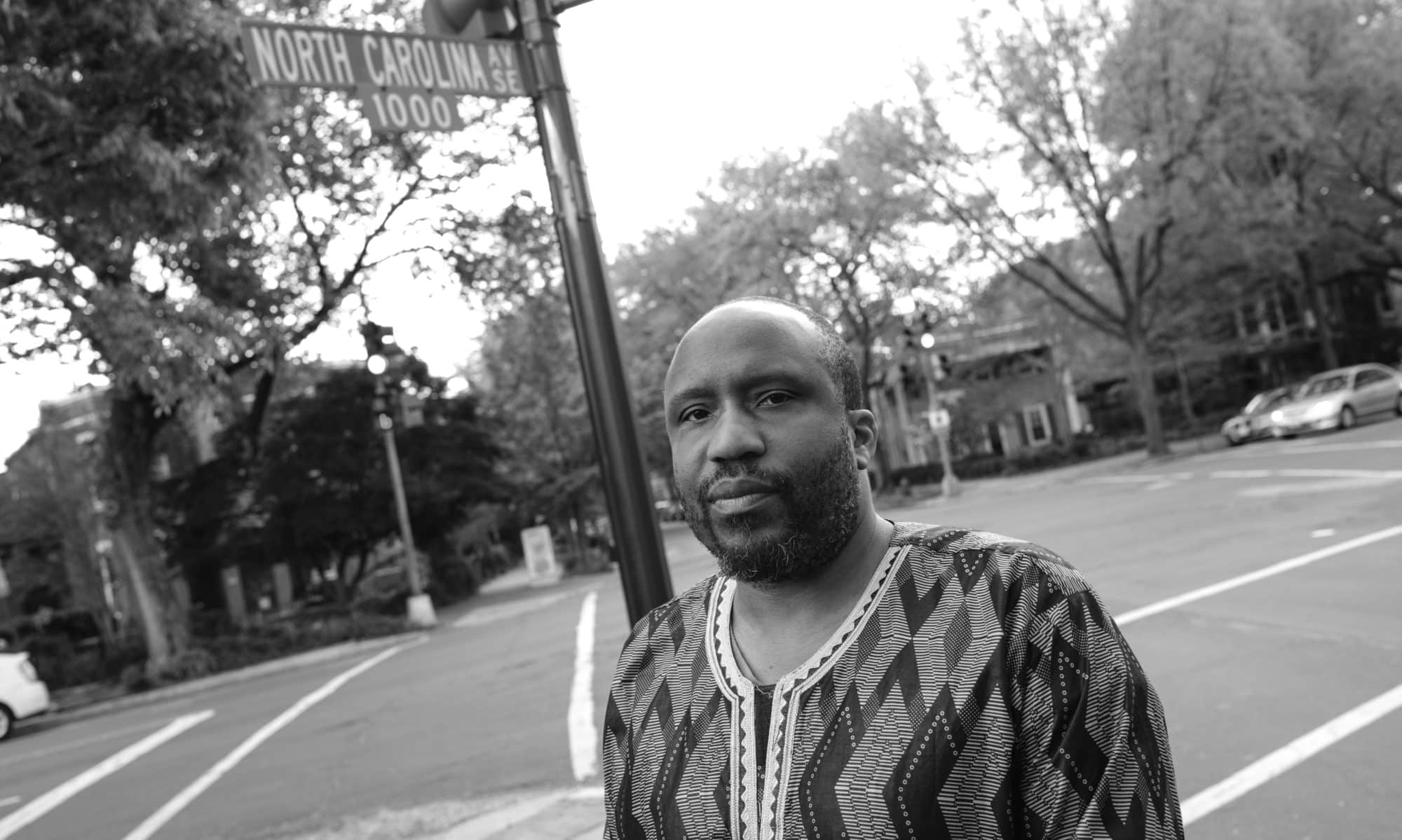A few weeks ago, while surfing around on my IG feed I came across the Health Promotion Practice podcast by Dr. Shanae Burch.
This episode features Drs. Bettina Judd and Amber Johnson are both poet-scholars who are using poetry and poetic lens to engage their work in Gender, Women, and Sexuality Studies and Social Justice respectively.
You should really check out this episode of the podcast and their back catalog which often features poetry.
I have known Dr. Judd for quite some time and have always appreciated the rigor she brings to her poetry. As many of us poets attempt to do, she brings together an interdisciplinary mix of influences to her poetries and other writing.
Judd’s book patient (which you should go get), included some poems which joined in the chorus of Black (and other) women poets to creatively engage the history of Saartje Bartman. I think I first became aware of Bartman’s story through Dr. Elizabeth Alexander’s book , The Venus Hottentot. Since then many Black writers have added their voices Some of the writers and artists have added their voices to mentioning or telling Bartman’s story in their creative works, Wikipedia has a list here that I think is a primer, but it missed both the poetry books of Dr. Bettina Judd (patient) and poet-educator Dominque Christina (Anarcha Speaks). Both of these books give voice to the history of medical experimentation that Black women have endured in the name of advancing “Western medicine.”
I know that Wikipedia is not meant to be comprehensive by any stretch of the imagination, but I expect more of Harvard, the Hutchins Center, and of the Resilient Sisterhood Project.
The Hutchins Center recently mounted an exhibition, Call and Response: A Narrative of Reverence to Our Foremothers in Gynecology. It is an amazing selection of artists, curator Dell M. Hamilton, places in conversation with paying homage to the “foremothers” of gynecology.
I was excited to see an exhibition guide that has images of the works, curatorial statements, and artist bios. Also included is a list of further reading on both the static website and the pdf exhibition guide.
While perusing the further reading, I was surprised to not see any of the Black women poets and playwrights on the website or the exhibition guide. What was even more curious was none of the creative works by Black women (Elizabeth Alexander, Suzan-Lori Parks, Barbara Chase-Riboud, Lydia R. Diamond, Jamila Woods, Zodwa Nyoni, Tessa McWatt, Meghan Swaby, Bettina Judd, Dominique Christina…i am sure there are others) were included, yet a very recently published book (SAY ANARCHA by J.C. Hallman) by a white male author was later added to the list
I must admit I am quite surprised and disappointed that the works of these Black women were not added to the list of resources, Alexander and Parks in particular, because I speculate that the acclaim and reach of their works ( and many others prior to 2002) added to the discussion that moved the French National Museum of Natural History to return her remains to Bartman’s home in South Africa.
This to me speaks to the lack of value placed on the poetics (and other production) of Black women, even when telling the stories of Black women. While I understand that Hallman’s SAY ANARCHA is “staggeringly researched”, I can say no less of not just the scholarship and rigor of the work of the Black women who have engaged with Bartman and others, but also of their lived experiences which surely render them as experts to be included a “further reading” and to broaden the discussion and scope of the exhibition.
What is further confounding is the exhibition that was co-sponsored by an organization called the Resilient Sisterhood Project would not privilege the work of Black women creative writers. **** Hallman does make one small reference Judd’s patient, the online archive of the book
We have to do better. Black women poet-scholars are continuing the long tradition of producing work that merges their creative and critical expertise, and we are better for it, but we should be taking every opportunity we have to put their voices in our conversations, especially when the conversation intersects with both their expertise and their lived experiences.











